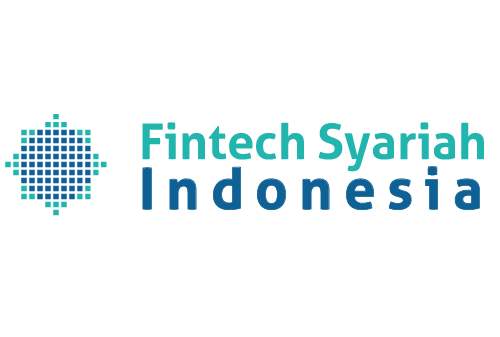Halal Supply Chain Management pada Bisnis Pariwisata
DOI:
https://doi.org/10.59580/iesbir.v3i1.6967Abstract
Abstract
Tourism is an economic sector that continues to grow, and more and more tourism business players are realizing the importance of integrating tourism aspects, including halal aspects, in their operations. This article reviews the concept and application of Halal Supply Chain Management (HSCM) in the tourism business. This research uses a descriptive qualitative method using a literature study approach sourced from relevant documents, magazines, scientific articles, books, and so on. The results of the discussion in this paper are that the application of the halal supply chain management concept requires all parties involved, including tourists, tourism businesses, travel agents, hotel providers, entertainment facility providers, and others, to comply with sharia principles. Sharia principles include avoiding polytheism, immorality, mafsadat, tabdzir and evil. The opportunities and challenges that exist in the implementation of halal tourism need to be studied to achieve maslahat and support the Indonesian Islamic Economic Masterplan.
Keywords: Halal; Supply Chain Management; Tourism
Abstrak
Pariwisata adalah sektor ekonomi yang terus berkembang, dan semakin banyak pelaku bisnis pariwisata yang menyadari pentingnya mengintegrasikan aspek keberlanjutan, termasuk aspek kehalalan, dalam operasional mereka. Artikel ini mengulas konsep dan penerapan Halal Supply Chain Management (HSCM) atau manajemen rantai pasokan halal dalam bisnis pariwisata. Penelitian ini menggunakan metode kualitatif deskriptif menggunakan pendekatan studi pustaka yang bersumber dari dokumen, majalah, artikel ilmiah, buku, dan sebagainya yang relevan. Hasil pembahasan pada tulisan ini bahwa penerapan konsep halal supply chain management menuntut agar semua pihak terlibat, termasuk wisatawan, pelaku usaha pariwisata, biro perjalanan, penyedia hotel, penyedia fasilitas hiburan, dan lainnya, untuk mematuhi prinsip-prinsip syariah. Prinsip syariah tersebut seperti terhindar dari kemusyrikan, maksiat, mafsadat, tabdzir, dan munkar. Peluang dan tantangan yang terdapat pada penerapan pariwisata halal perlu dikaji untuk mencapai kemaslahatan dan mendukung Masterplan Ekonomi Syariah Indonesia.
Kata kunci: Halal; Manajemen Rantai Pasok; Pariwisata
Downloads
Published
How to Cite
Issue
Section
License
Copyright (c) 2024 Hammas Hubaibi Akbar El Hamid Hamid, Balqis Salsabila, Mushthofa Akhyar

This work is licensed under a Creative Commons Attribution 4.0 International License.
Authors who publish with this journal agree to the following terms:
- Authors retain copyright and grant the journal right of first publication with the work simultaneously licensed under a Creative Commons Attribution 4.0 International License that allows others to share the work with an acknowledgment of the work's authorship and initial publication in this journal.
- Authors can enter into separate, additional contractual arrangements for the non-exclusive distribution of the journal's published version of the work (e.g., post it to an institutional repository or publish it in a book), with an acknowledgment of its initial publication in this journal.
- Authors are permitted and encouraged to post their work online (e.g., in institutional repositories or on their website) before and during the submission process, as it can lead to productive exchanges, as well as earlier and greater citation of published work.

This work is licensed under a Creative Commons Attribution 4.0 International License.











